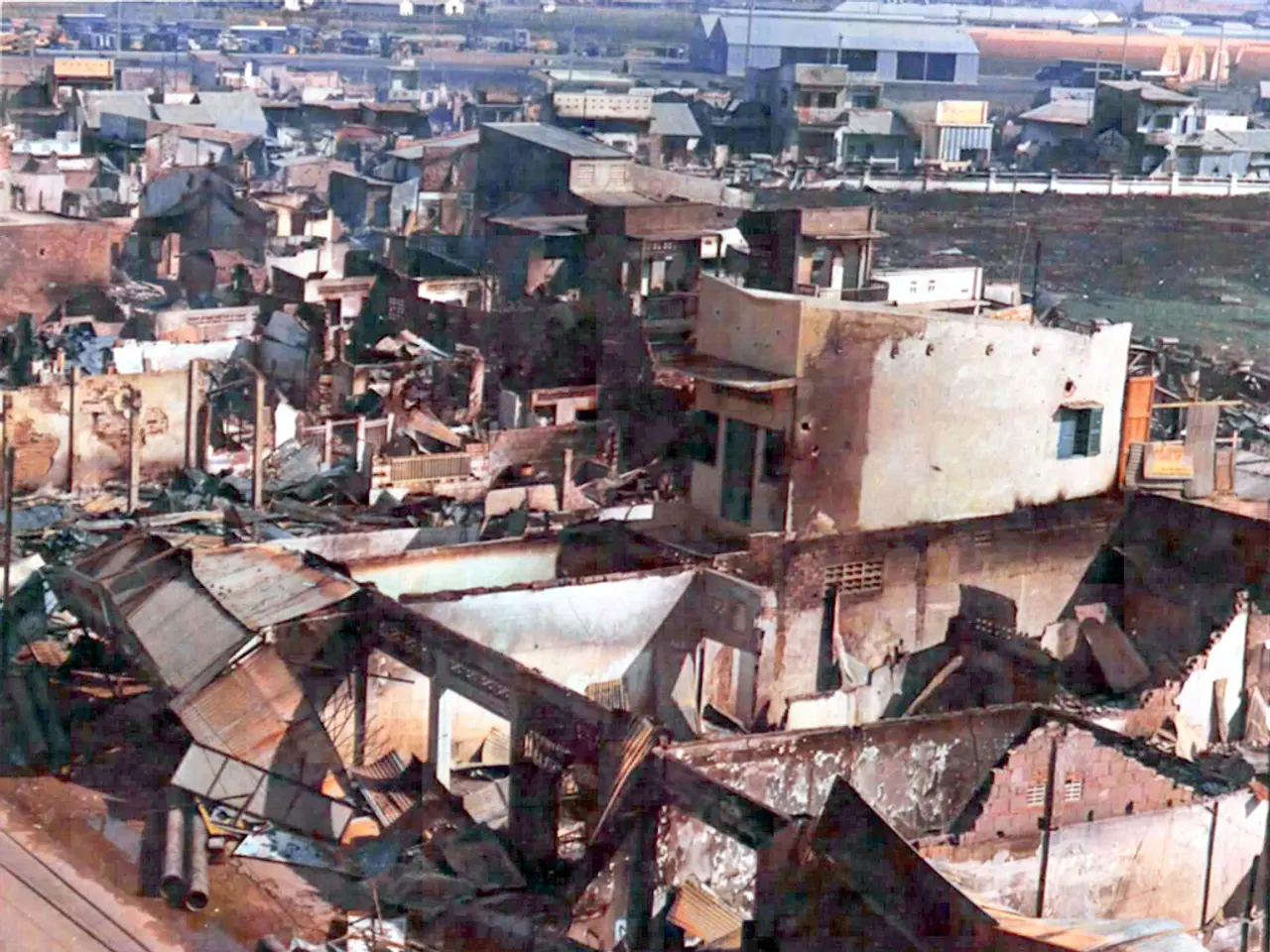Fires under control in Turkey; over 750 blazes reported, resulting in at least three fatalities.
Turkey is currently grappling with a series of wildfires that have been exacerbated by a complex mix of meteorological, infrastructural, and human factors. The fires, which have claimed the lives of more than three people, including two forest agents, are primarily concentrated in Izmir, Sakarya, Hatay, Bilecik, Manisa, Istanbul, and Bursa.
Meteorological and Climatic Factors --------------------------------------
The western and southern regions of Turkey are experiencing prolonged periods of hot, dry weather, strong winds, and low humidity. These conditions, combined with the Mediterranean climate of these regions, create an environment where fires can ignite easily and spread rapidly. Climate change is further intensifying these risks by increasing the frequency and severity of heatwaves and droughts. The foehn effect—a warm, dry wind—and other local meteorological phenomena can accelerate fire spread once ignitions occur.
Human and Infrastructural Factors ----------------------------------
Poor infrastructure maintenance and negligence, particularly in the management of power lines by private companies, have been identified as significant sources of wildfire ignitions. In the July 2025 fires around İzmir, local authorities confirmed that faulty power lines caused several blazes. Residents and experts have repeatedly warned about the risks posed by crumbling electrical poles and inadequate maintenance, but these concerns have often been met with inaction or denials from utility companies.
Human activity, including carelessness and negligence, agricultural burning, mining, picnicking, and improper disposal of cigarettes or campfires, is estimated to account for up to 90% of wildfires in Turkey. While official statistics often leave many fire causes as "unknown," the predominance of human factors is widely acknowledged.
Arson and Political Factors ----------------------------
There have been allegations and media speculation about arson, including claims by some state media that terrorist organizations like the PKK may be responsible. However, these claims have often lacked concrete evidence and are strongly denied by the groups involved. As of recent investigations, there is little security intelligence to substantiate widespread arson or terrorist involvement in the current fires.
The government's response to fires, and the narrative around their causes, has itself become a contentious issue. Environmentalists and opposition figures argue that official policies and inadequate prevention measures, rather than solely terrorism or natural causes, are major drivers of the crisis.
Recent Developments -------------------
More than 750 fires have been extinguished or controlled in various regions of Turkey. A new fire has been reported in Buyukcekmece, a town in the province of Istanbul, Turkey. The fire in Buyukcekmece is causing occasional explosions in power lines. German footballer Jamal Musiala has fractured his fibula and could be out for five months. These fires have been declared in the last ten days, accounting for 25% of the fires recorded in Turkey since the beginning of 2025.
The fires have led to the arrest of 44 suspects in relation to 65 fires. Ten of the arrested suspects have been imprisoned. At least three villages have been burned in these fires. The Interior Minister of Turkey, Yerlikaya, announced the construction of 16 modules for the temporary relocation of people who have lost their homes due to the fires in Izmir.
Despite the ongoing crisis, it is important to note that the topic of this article is not directly related to the fires in Turkey. The article also discusses unrelated topics such as the European Championship, a controversy between Valeri, Sheila Casas, and Escassi, and the well-being of Teresa Urquijo and her son Lucas.
In the ongoing wildfires in Turkey, human activities such as carelessness, agricultural burning, and improper disposal of litter are estimated to account for up to 90% of the fires, while poor infrastructure maintenance and negligence in managing power lines also contribute significantly to wildfire ignitions. The current crisis has led to political discussions, with some questioning the government's response and the role of official policies in driving the wildfire crisis.








